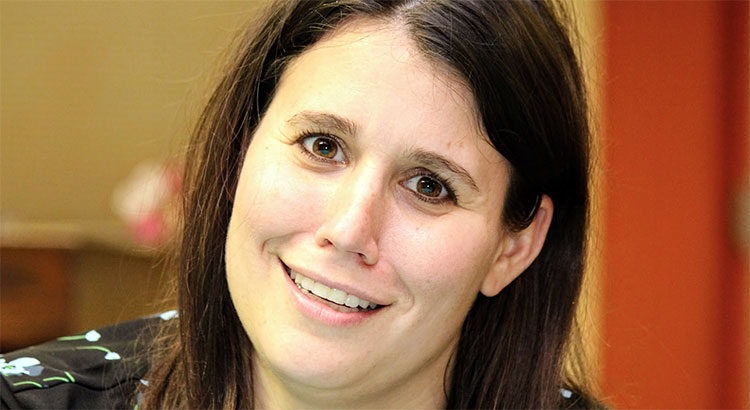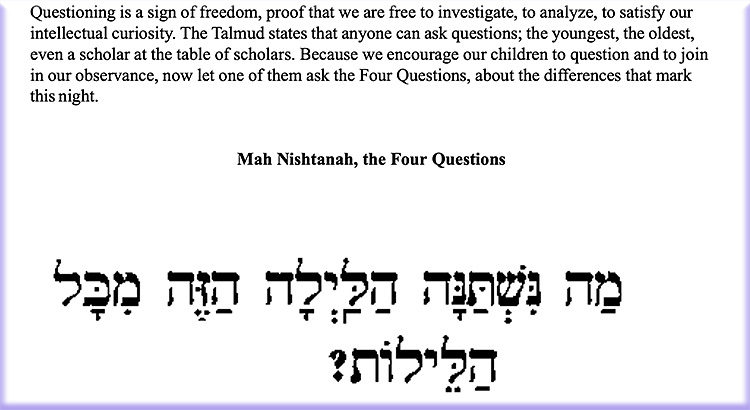During the Jewish festival of Sukkot, a part of the Jewish High Holy Days, we read from the Book of Exodus where God instructs Moses to chisel new tablets upon which God will engrave the Ten Commandments.
As Moses takes the new tablets up to Mt. Sinai, God reveals His glory to Moses, proclaiming His 13 Attributes of Mercy:
“The Lord, the Lord, the compassionate and gracious God, slow to anger, abounding in love and faithfulness, maintaining love to thousands, and forgiving wickedness, rebellion and sin. Yet he does not leave the guilty unpunished…. (Exodus 34:6-7).”
The dilemma we face when interpreting this sacred text involves understanding a God of forgiveness, love and compassion and yet also punitive retribution for the guilty.



